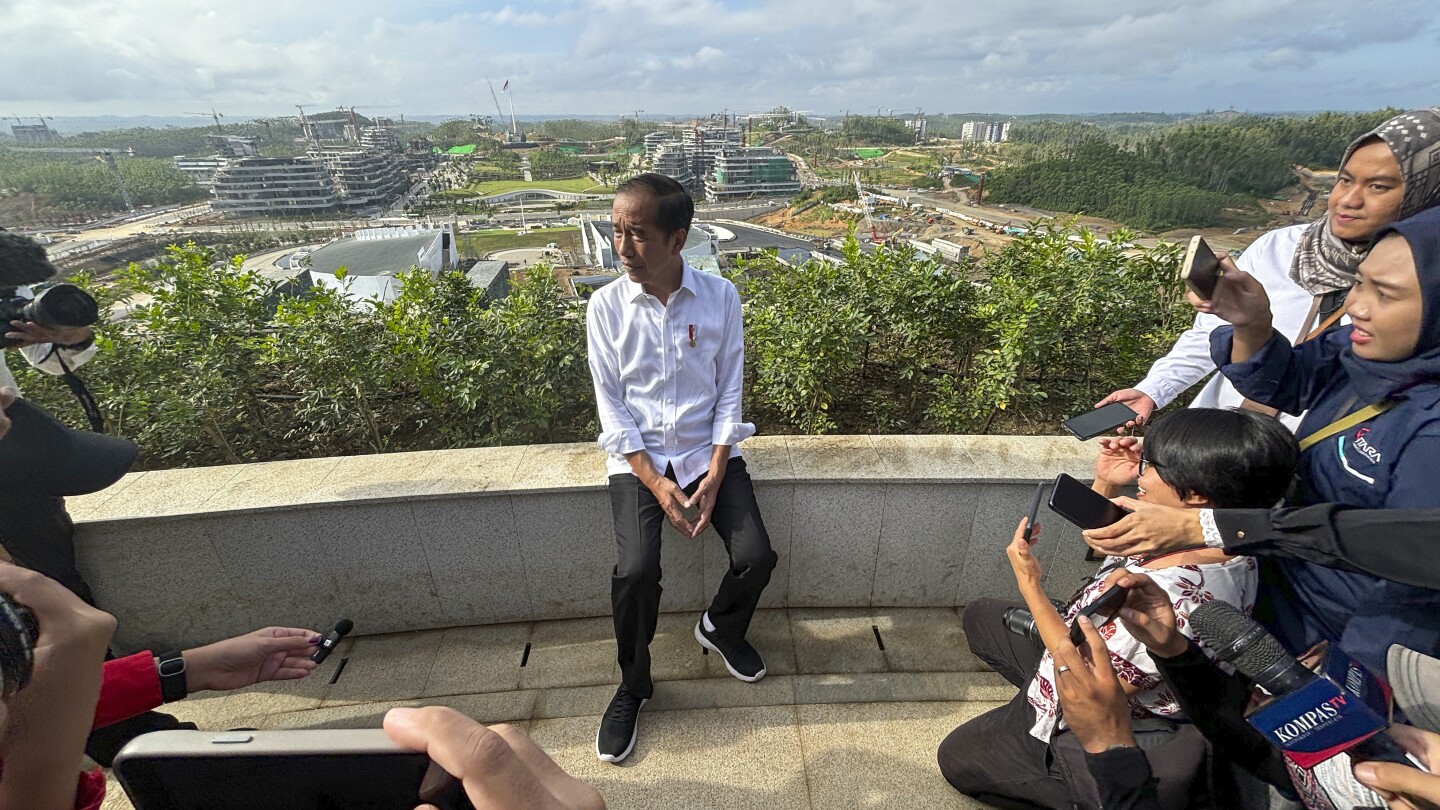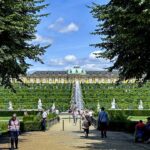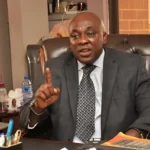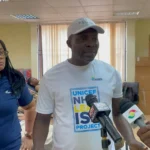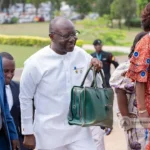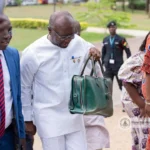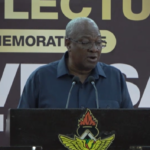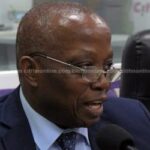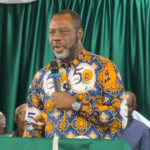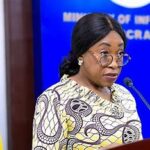By FADLAN SYAM and NINIEK KARMINI
PENAJAM PASER UTARA, Indonesia (AP) — Outgoing Indonesian President Joko Widodo started work Monday from the new presidential palace in his country’s ambitious new capital, where he intends to spend the last few months of his presidency.
“Today I have started receiving officials for meetings here, in the president’s office,” Widodo told reporters at the new presidential palace, as authorities race to complete other key infrastructure projects in the future capital city of Nusantara before Independence Day celebrations next month. The capital, also known as IKN, is located in East Kalimantan province on the island of Borneo.
Widodo said his first agenda item on Monday was a meeting with executives of the Nusantara development authority. He is also scheduled to meet with provincial leaders.
To facilitate the move, the presidential secretariat is preparing all the necessary furniture for the presidential office, including tables, chairs and lighting, while the supply of clean water, electricity and internet is “all running well,” Widodo said.
“We came here to check the latest progress of the IKN, especially the construction of the palace, I see everything is still in process,” Widodo said, adding that there are thousands of workers racing to complete the infrastructure projects, and that “I don’t want our presence to hamper its development progress.”
He is optimistic that the new “Garuda Presidential Palace” will serve as the backdrop of the country’s independence day ceremony on Aug. 17.
Only one month is left before Nusantara is slated to hold its first ever Indonesia Independence Day celebration, which is also expected to be the official transfer of the capital city from Jakarta. Its relocation plan has come into question, however, amid slow construction progress and missed deadlines, forcing the resignations of the head of the Nusantara Capital Authority and his deputy last month.
Most of the new city’s buildings are unfinished, with the new state palace 88% complete and several ministry buildings only with their lower floors usable.
The project to build the new capital is estimated to cost $33 billion, of which the state budget would shoulder only 20%. Widodo’s administration has relied heavily on investments from the private sector to build key infrastructure and public facilities, as the state budget will mainly cover the construction of basic infrastructure, buildings, and utilities within the “core area” of the government.
In a bid to lure investment, earlier this month Widodo signed a presidential regulation that grants investors certain rights, including land rights of up to 190 years in the future capital.
Public Works and Housing Minister Basuki Hadimuljono who also serves as the acting head of the IKN Authority, said the government is still working to procure another 40 megawatts for the city, but the current capacity of 10 megawatts produced by a solar power plant has been established in Nusantara. A nearby reservoir provides “more than enough to meet the needs” for clean drinking water in the new city, he said.
Despite the progress made, questions still remain as to when the new capital will officially be relocated as Widodo is yet to issue the official decree. Until the decree is signed, Jakarta remains the country’s capital.
Widodo has signaled that the decree might be issued by President-elect Prabowo Subianto, who will be inaugurated on Oct 20.
The delay in formalizing the decree has raised questions about the location of the presidential inauguration, as in accordance with the Indonesian constitution, the swearing into office must take place in the nation’s capital.
The lack of investors in the megaproject also puts Subianto in a difficult position once he is sworn in. Promising continuity as his campaign platform during the presidential election, Subianto has pledged to resume Widodo’s landmark projects, including the IKN.
Construction of the new city began in mid-2022 after Widodo announced that Jakarta would no longer have capital status. The metropolis suffers from pollution and congestion, is prone to earthquakes and is rapidly sinking.
____
Karmini reported from Jakarta, Indonesia


